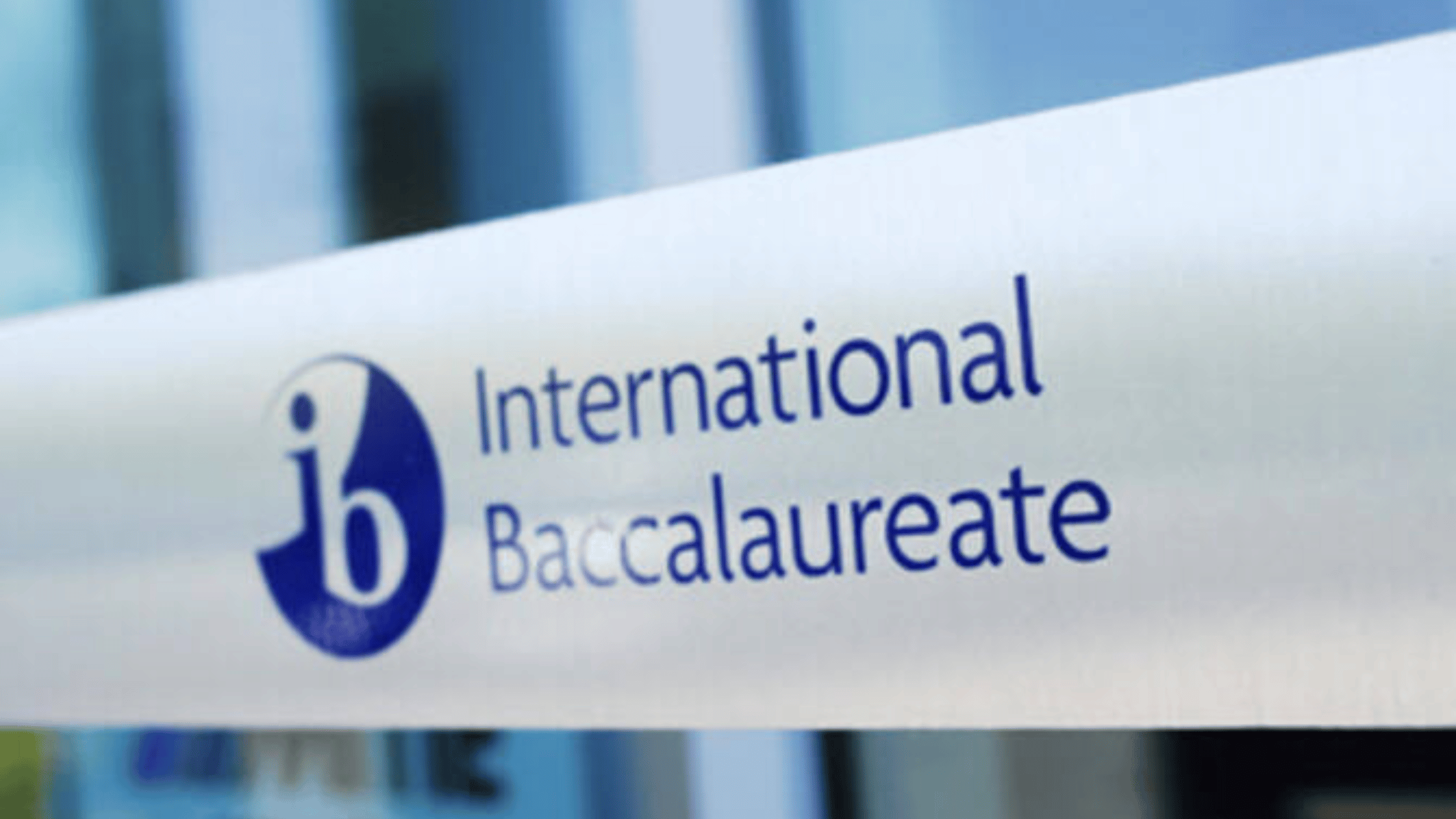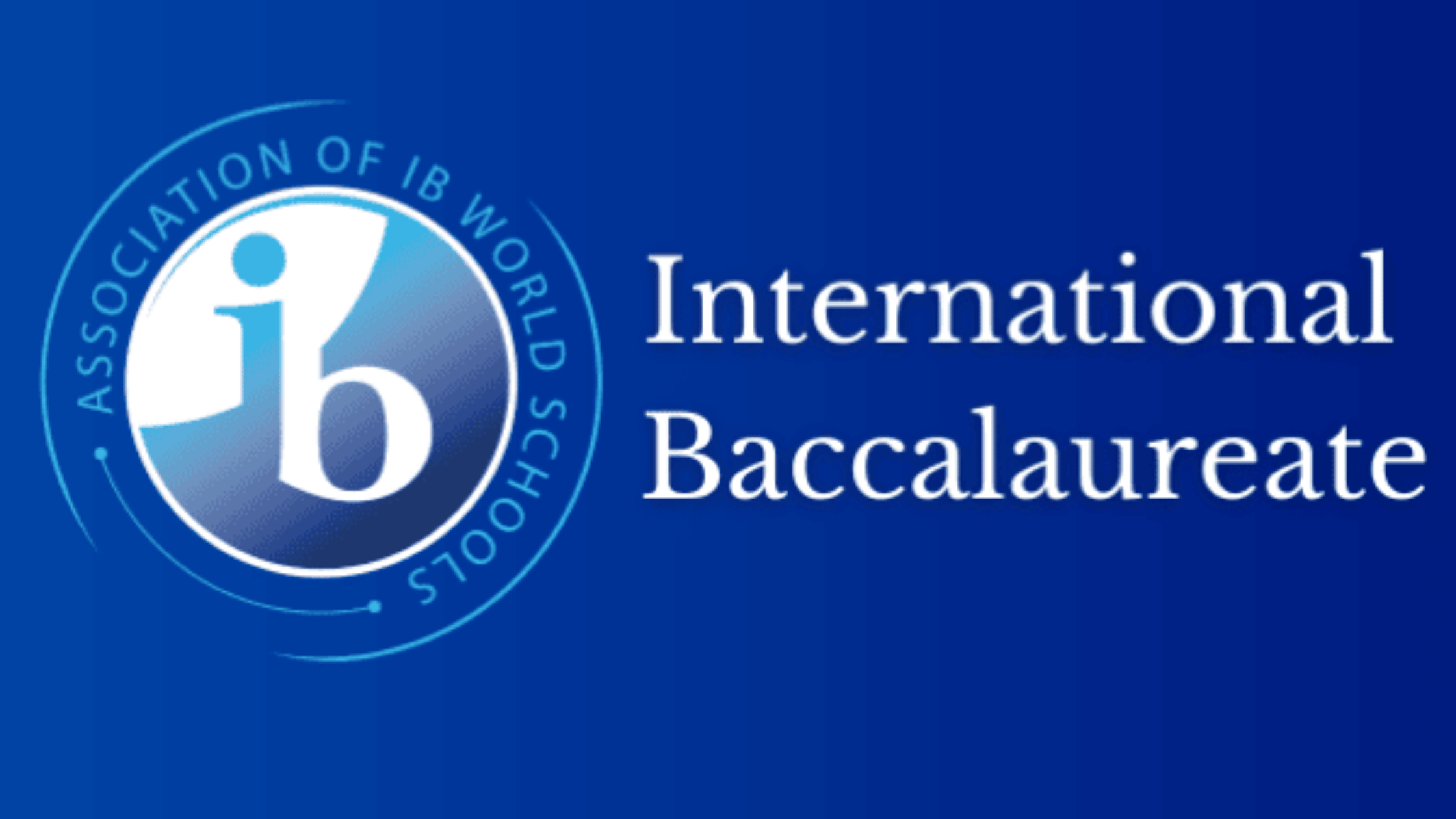


The International Baccalaureate (IB) Curriculum is one of the most respected and globally recognized education systems today. Designed to foster critical thinking, creativity, and a global mindset, the IB program is a popular choice for students aiming for top universities worldwide.
But what exactly is the IB curriculum, and how does it differ from other education systems like CBSE, ICSE, or A-Levels? In this blog, we’ll break down everything you need to know—its structure, benefits, and why it might be the right choice for your child.
What is the IB Curriculum?
The IB (International Baccalaureate) program is an international education framework founded in 1968. It offers four high-quality educational programs for students aged 3 to 19:
- Primary Years Programme (PYP) – Ages 3-12
- Middle Years Programme (MYP) – Ages 11-16
- Diploma Programme (DP) – Ages 16-19
- Career-related Programme (CP) – Ages 16-19
Unlike traditional curriculums that focus solely on exams, the IB system emphasizes holistic development, encouraging students to think independently and engage with global challenges.